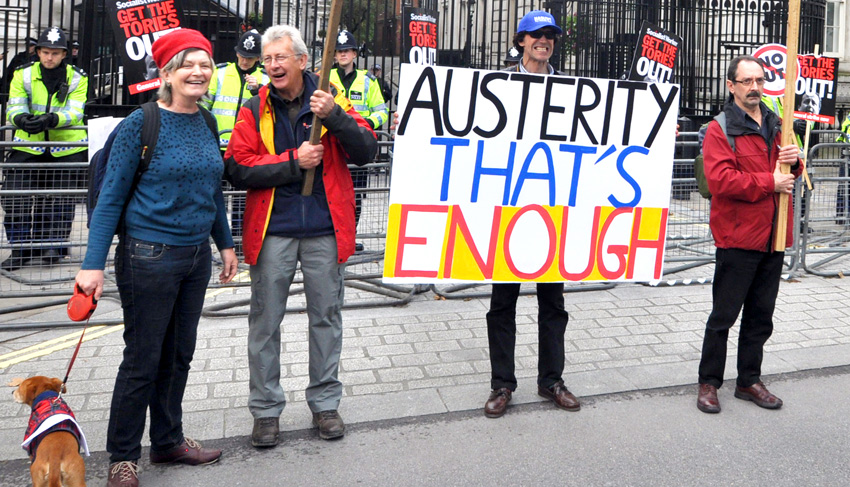THE BANK of England warned yesterday that the UK economy is heading towards its deepest recession on record, shrinking by as much as 14% in the sharpest annual contraction since 1706.
The economic impact report outlined how the coronavirus was ‘dramatically reducing jobs and incomes in the UK’.
Bank governor Andrew Bailey said: ‘Not all of the economic activity comes back. There’s quite a sharp recovery. But we’ve also factored that people will be cautious of their own choice. They don’t re-engage fully, and so it’s really only until next summer that activity comes fully back.’
The Bank yesterday voted unanimously to keep interest rates at a record low of 0.1%.
However, the Monetary Policy Committee (MPC) that sets interest rates was split on whether to inject more stimulus into the economy.
Two of its nine members voted to increase the latest round of quantitative easing by £100bn to £300bn.
The Bank’s analysis, published yesterday, was based on the assumption that social distancing measures are gradually phased out between June and September.
Its latest Monetary Policy Report showed the UK economy plunging into recession.
The scenario painted by the Bank is bleak.
The economy shrinks by 3% in the first quarter of 2020, followed by an unprecedented 25% decline in the three months to June.
This would push the UK into a technical recession, defined as two consecutive quarters of economic decline.
The Bank said the housing market had come to a standstill, while consumer spending had dropped by 30% in recent weeks.
For the year as a whole, the economy is expected to contract by 14%.
This would be the biggest annual decline on record, according to the Office for National Statistics (ONS) data dating back to 1949.
The UK government is expected to start easing lockdown restrictions next week.
James Smith, research director at the Resolution Foundation, said the hit to the economy this year was equivalent to £9,000 for every family in Britain.
Average weekly earnings are expected to shrink by 2% this year, reflecting the fall in wages for furloughed workers.
The Bank said sharp increases in benefit claims were ‘consistent with a pronounced rise in the unemployment rate’, which is expected to climb above 9% this year, from the current rate of 4%.
Under the Bank’s scenario, inflation, as measured by the consumer prices index (CPI) falls to zero at the start of next year amid the sharp drop in energy prices. It is also expected to remain well below the Bank’s 2% target for the next two years.
Meanwhile, UK construction activity plummeted in April at by far the fastest pace since records began, amid the coronavirus crisis, another survey shows.
The Chartered Institute of Procurement & Supply’s seasonally adjusted construction activity index fell from an already-low 39.3 in March to just 8.2 in April amid site closures. This is the weakest reading since records began in 1997 and way adrift of the previous low of 27.8 in February 2009.
It is very clear from this that the only future that the working class has is a socialist future, and that the economic disaster that the Bank of England has set out must be met with a revolutionary struggle to overthrow capitalism and bring in a workers government that will nationalise the banks and the major industries and bring in a socialist planned economy that will be able to satisfy the needs of the people.
There is no other way out of this crisis.
